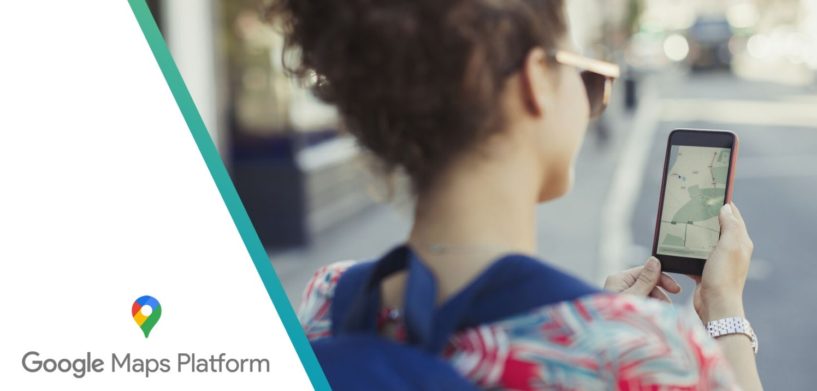Improve Your University’s Website and Increase ROI with Google Maps
Hexagon’s involvement with education and universities is nothing new. In fact, it began in the 1980s when the founders of the former company called ERDAS (now part of Hexagon) started out in the basement of a Georgia Institute of Technology property. The company was founded on the idea that uniting with academia and providing students and researchers with access to their commercial software to work with and further develop ultimately grows the science of geospatial technology.
Over the last 40 years, Hexagon’s Global Education Programs have evolved to reach hundreds of universities using Hexagon technology in their coursework and research.
Now, as a Google Maps Platform premier partner, Hexagon can implement the Google Map API into university websites and mobile apps to:
- Offer customized visitor maps that are automatically updated and always current with campus building-level detail
- Help students easily find specific locations, such as campus buildings, permitted parking lots, coffee shops, hotels, and gas stations
- Provide students, prospective students, and visitors with directions to and around campus or satellite facilities, and so much more
The Value of Google Maps On Campus
Campuses that use the Google Maps Platform see added value to their college maps and apps with rich content and capabilities. Google Maps Platform is a set of APIs (application programming interfaces) that web developers use to bring Google Maps to websites or mobile applications. The APIs are divided into three main families including Google Maps, Google Routes, and Google Places.
Find What You Need and Where with Google Maps
Google Maps is powered by unique data that separates itself from competitors due to content like Google Street View. Images are created by a fleet of hundreds or even thousands of vehicles constantly driving the roads of the world taking pictures. Those pictures are then used by Google Maps technology, artificial intelligence, and image recognition to make their global map accurate.
A classic use case for Google Maps users is the store locator. Universities can put their own data on top of the already robust Google Maps functionality to include information like the hours of operation of their libraries, bookstores, and student services. Some universities have even developed Google Maps to give their users interior mapping of their larger buildings to ensure all of their students and visitors know where to go.
Get to Your Destination with Google Routes
Google Routes core is moving users from point A to point B, and it’s not just cars. Google Routes is used for walking, cycling, and even public transportation. Google provides the most powerful global map that consists of over 40 million miles of roads covered in over a hundred countries and most major metropolitan areas are supported. So, universities can rest assured that their students, faculty, and visitors are comfortable using this application as they most likely use it in their everyday life.
The distance matrix, which calculates the distance of multiple things in a particular area, is also a powerful tool for universities. It can compare a user’s location to an array of points. So, as an example, visitors can find all the hotels near them, but request options no farther than five miles from a certain location.
Some college campuses can be expansive, and even smaller college campuses can be difficult to navigate for visitors and prospective students. Having a robust map with location information on the university website can alleviate the frustration of finding different locations like residential dorms, educational buildings, and parking.
Get More Information with Google Places
The Places API essentially gives users points of interest using Google’s vast database. Over 150 million places around the world have been mapped, whether it’s a hotel, a restaurant, an airport, a museum, etc. Whether the user finds pins on a map that they click on for more details or use the search bar, they can find details on locations near the map frame they are looking at.
Google Places also has the potential to increase a university’s e-commerce through its Autocomplete feature.
When users are shopping on their university’s retail website and start checking out, they must enter their shipping and billing information. Autocomplete allows customers to start typing in their address, and the website predicts that information. This feature provides a good user experience and results in fewer abandoned carts, less typing, and removes the possibility of typos.
Why Choose Hexagon as a Premier Partner?
Working with a partner that understand the university ecosystem is so much more beneficial than signing up through Google’s website. Not only do you have the convenience of a simplified pricing model, but Hexagon provides a team that will implement your solution, provide tools for monitoring your consumption. and support your technical assistance needs 24/7.
To learn more about specific use cases from real college campuses and see Google Maps in action, please view our webinar detailing the benefits of tailoring Google Maps API to your specific campus map needs.
Contact us today to discuss bringing the Google Maps Platform to your university.















